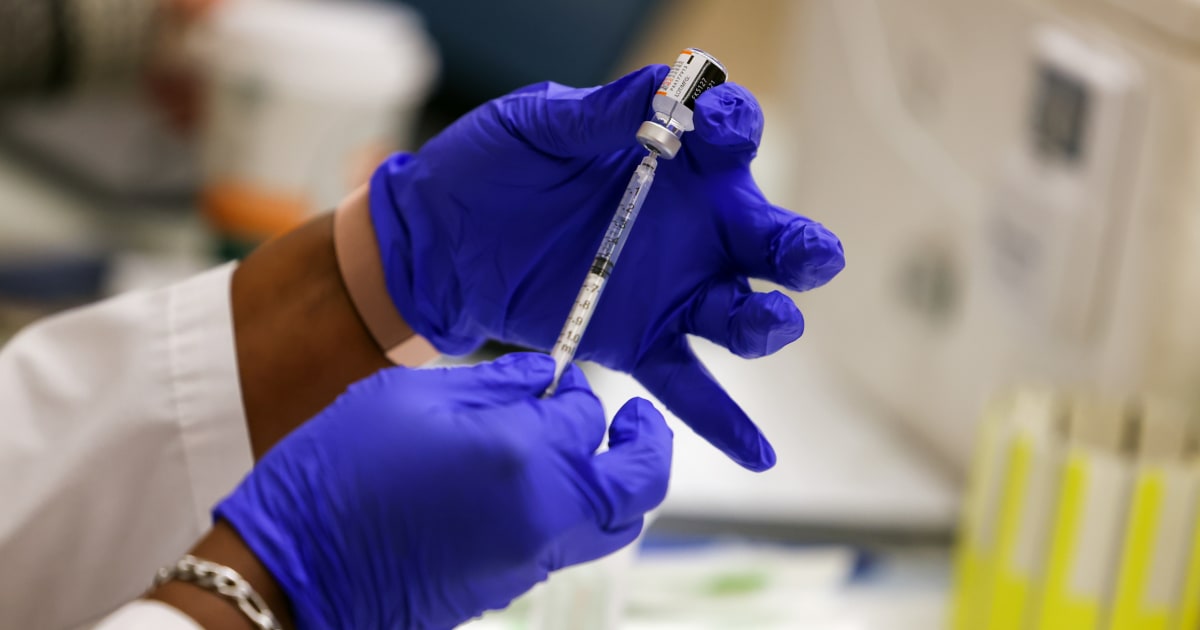New FDA Rule Could Delay Covid Vaccine Rollout for Healthy Children and Adults
The U.S. Food and Drug Administration (FDA) recently announced regulatory changes that may postpone Covid-19 vaccine distribution for healthy children and adults by several months. The updated requirements, issued last week, mandate additional clinical trial data for vaccine manufacturers seeking authorization—a move that could disrupt fall vaccination campaigns and complicate public health planning.
Why the FDA Changed Its Vaccine Authorization Process
The FDA’s revised guidance requires vaccine makers to submit data from controlled human challenge trials or comparative efficacy studies rather than relying solely on immunogenicity data. This shift aims to address evolving variants and ensure long-term protection, but comes as the CDC anticipates a winter surge of Covid-19 and flu cases.
Dr. Alicia Reynolds, a vaccine policy specialist at Johns Hopkins University, explains: “The FDA is walking a tightrope between thorough safety reviews and timely access. While these requirements make scientific sense, the operational delays could leave millions vulnerable during peak respiratory virus season.”
Key impacts of the new rule include:
- Potential 3-6 month delay for updated boosters in healthy individuals aged 5-49
- Continued emergency access for immunocompromised groups and seniors
- Required comparative studies between new formulas and existing vaccines
Public Health Officials Express Concern Over Timing
State health departments had planned to align Covid boosters with annual flu shots in October. The Association of State and Territorial Health Officials (ASTHO) reports that 78% of jurisdictions finalized distribution plans assuming pre-September approvals.
“This isn’t just about vaccines—it’s about maintaining public trust,” says Massachusetts epidemiologist Dr. Raj Patel. “When people hear mixed messages about timing after preparing for fall clinics, it creates confusion that discourages uptake across all preventive care.”
Recent CDC data underscores the urgency:
- Only 42% of Americans received last year’s bivalent booster
- Pediatric vaccination rates plateaued at 28% for children under 12
- Wastewater surveillance shows Covid levels rising in 30% of test sites
How Vaccine Manufacturers Are Responding
Pfizer and Moderna—which supply 90% of U.S. Covid vaccines—confirmed they’re adjusting trials to meet the new standards. Moderna’s chief medical officer stated they’ve enrolled 4,000 participants in comparative studies, but results won’t be available until November at earliest.
The delays create financial ripple effects:
- $1.2 billion in federal prepurchased doses may expire before authorization
- States face storage cost increases of $15-20 million monthly
- Pharmacies report 60% cancellation rate for planned vaccine clinics
Balancing Scientific Rigor With Public Health Needs
Some experts argue the FDA’s caution is warranted. “We’ve moved from pandemic emergency to endemic management,” notes Dr. Ellen Chou of the FDA’s vaccine advisory committee. “The standards should reflect that transition—these vaccines will be part of routine care for years to come.”
However, school districts and employers express frustration. Chicago Public Schools, which vaccinated 55,000 students last fall, may postpone this year’s program. “Every delay makes it harder to combat misinformation,” says CPS health director Maria Velasquez. “Parents hear ‘wait’ and assume ‘don’t need.'”
What This Means for Fall and Winter Health Planning
The FDA acknowledges the timing challenges but emphasizes that vaccine matching to circulating variants takes priority. Their latest variant projections suggest:
- XBB.1.5 variants now account for only 28% of cases
- Emerging EG.5 and BA.2.86 strains show increased immune evasion
- Current vaccines still provide 65% protection against severe outcomes
Public health agencies recommend these interim measures:
- High-risk groups should get existing boosters now
- Schools and workplaces reinstate mask policies during outbreaks
- Providers emphasize flu and RSV vaccination to reduce co-infection risks
The Road Ahead: Policy Adjustments and Public Messaging
White House officials confirm they’re exploring options to accelerate the process without compromising safety, including:
- Expanded use of international trial data
- Emergency use authorizations with post-market surveillance
- Tiered approvals based on age group risk profiles
As the situation develops, health experts urge Americans to monitor CDC guidance and consult their healthcare providers. For the latest updates on vaccine availability in your area, check your state health department website or vaccines.gov. While delays present challenges, the scientific community remains confident that updated vaccines—when available—will be crucial tools for managing Covid-19 long-term.
See more WebMD Network



